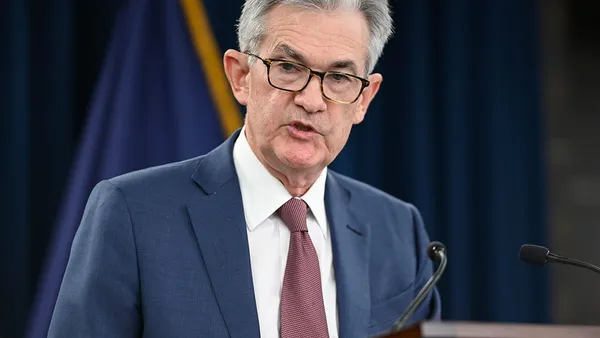The infrastructure plan agreed to by a bipartisan group of senators Thursday would create a windfall for heavy machinery and materials companies but paying for it would mean stepped-up corporate tax compliance.
The package, which faces a long and uncertain road to passage, calls for $109 billion for roads and other classic infrastructure projects, almost $50 billion for public transit, almost $70 billion for rail, $25 billion for airports and almost $160 billion for ports and waterways.
It also includes $55 billion for other types of water projects, including lead-pipe remediation, and $73 billion for energy projects. The plan would also spend $65 billion to improve broadband, and $7.5 billion for half a million electric vehicle chargers along highways and rural roads.
Taken together, the plan would spend $1.2 trillion over eight years, including $579 billion in new money. The rest would come from a mix of sources, including the repurposing of previously authorized pandemic-relief funds, public-private partnerships, and stepped-up IRS tax enforcement.
There would also be some money generated from the sale of oil from the strategic petroleum reserve, reinstating Superfund fees, extending customs user fees and auctioning space in the wireless spectrum, among other things.
More audits
Stepped-up tax enforcement, which could be a major issue for CFOs with already stretched tax compliance teams, is expected to generate about $60 billion, although some lawmakers say it could be much more, about $100 billion, CNN says.
Separate from the infrastructure plan, the Biden administration has proposed increasing the IRS enforcement budget by $80 billion, which would double its enforcement operations and give agents more tools to detect problems. The administration has said the IRS could increase tax collections by some $700 billion over 10 years, mainly through improved data collection which, among other things, would help the agency decide who to audit.
There’s nothing in the plan that envisions using the Biden administration’s proposed corporate tax hikes to help offset the cost.
Biden had proposed raising the corporate income tax rate to 28% from 21% and increasing the global minimum tax rate on corporations to 21% from 10.5%, among other things, but Republicans have been adamant they won’t accept any changes to the Tax Cuts & Jobs Act they passed in 2017.
Rocky path
The road from Thursday’s proposal to enactment is rocky. President Biden has said he only supports the plan if a second package, that includes new resources for a different type of infrastructure — education and care giving, among other things — is taken up in a second track.
That second track is unlikely to attract Republican votes, so its passage would depend on lawmakers using what’s known as the reconciliation process, a budgetary maneuver requiring only a simple majority for passage but that’s complicated and can get derailed at many points along the way.
As a result, enactment of the bipartisan infrastructure package, which would be a boon to many industries, is unlikely to happen until much later this year.












